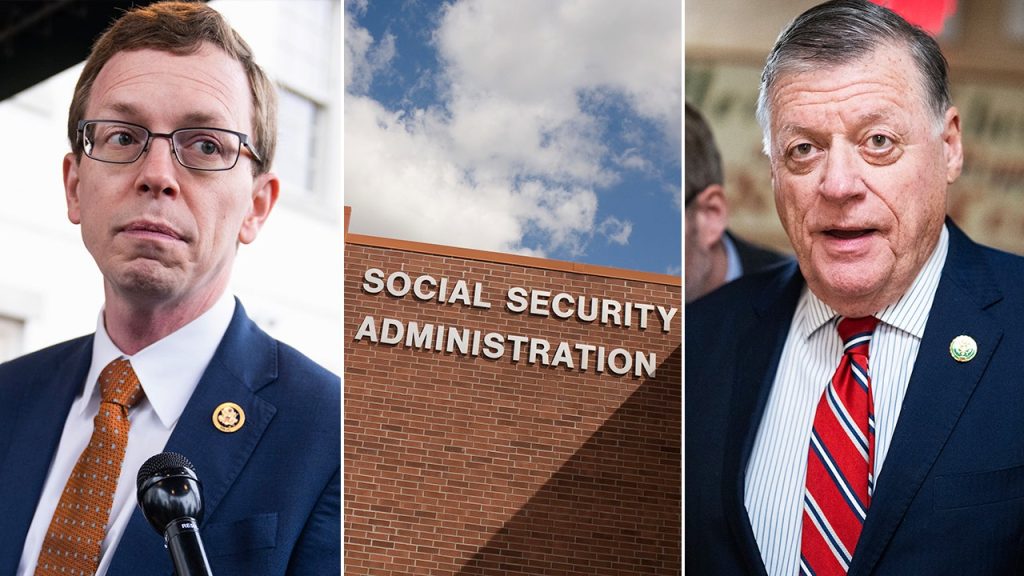Lawmakers, specifically Republicans, are beginning to focus on the issue of entitlement reform in light of the growing national debt. The vast majority of federal funding is classified as mandatory spending, which includes programs like Medicare, Medicaid, Social Security, and SNAP. Economists are warning that without changes, these programs are headed for forced cuts due to insufficient funds, with Medicare expected to become insolvent in 2028 and Social Security in 2033. Republicans are increasingly declaring their support for curbing entitlements and exploring options for reform.
Representative Dusty Johnson, chair of the House Main Street Caucus, has been pushing for work requirements for federal food benefits as a means to address ballooning costs. More Republicans are publicly discussing entitlement reform, with House Rules Committee Chairman Tom Cole openly calling for reform and emphasizing the need for serious discussions on funding and reforming entitlement programs. The Republican Study Committee has released a budget proposal that includes raising the retirement age for future retirees and restructuring Medicare to compete with private options.
Democrats and the White House have criticized Republican proposals, accusing them of attempting to gut Social Security and Medicare. President Biden’s campaign has sought to link any Republican victory to deep cuts in these programs, using the looming November election as leverage. Some Republicans believe that if they control the White House, House, and Senate, they will take on entitlement reform to preserve and protect programs like Social Security and Medicare for current and future retirees.
Former President Trump has not been explicit about his stance on entitlement reform but has mentioned the possibility of cutting entitlements to address the national deficit. His former White House budget policy director, Paul Winfree, supports entitlement reform as a means to reduce the deficit and protect programs for vulnerable populations. With interest rates rising and debt service payments increasing, there is a growing realization among policymakers that addressing the biggest drivers of the deficit, particularly federal health programs, is crucial for safeguarding programs like Social Security and Medicare.
Despite the vocal discussions about entitlement reform among Republicans, there is skepticism about whether meaningful action will be taken. For some, the discussion serves as a tool to show voters or conservative media that they are willing to fight for reform, even if the actual implementation remains uncertain. The federal government spent a significant amount on Social Security and Medicare in 2023, highlighting the urgency of addressing entitlement reform to address the growing national debt. While the issue has been revisited every decade or so, the current threat of insolvency for these vital programs is pushing lawmakers to engage in serious conversations about reform.















